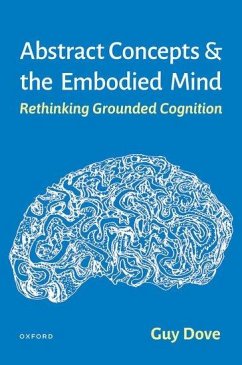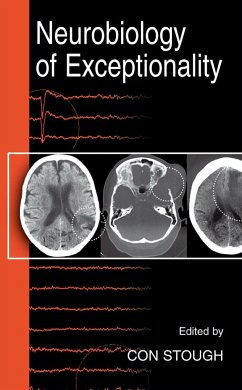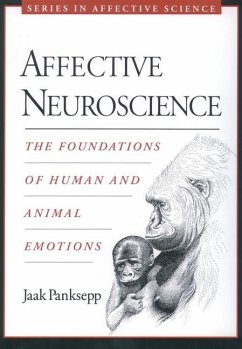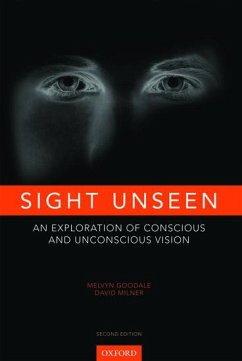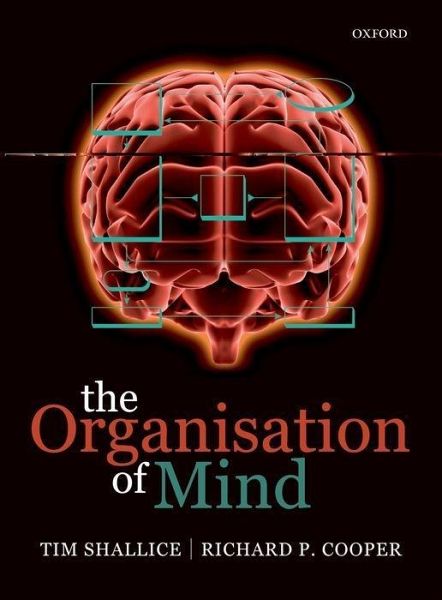
The Organisation of Mind
Versandkostenfrei!
Versandfertig in über 4 Wochen
91,99 €
inkl. MwSt.

PAYBACK Punkte
46 °P sammeln!
Brain imaging has been immensely valuable in showing us how the mind works. However, many of our ideas about how the mind works come from disciplines like experimental psychology, artificial intelligence and linguistics, which in their modern form date back to the computer revolution of the 1940s, and are not strongly linked to the subdisciplines of biomedicine. Cognitive science and neuroscience thus have very separate intellectual roots, and very different styles.Unfortunately, these two areas of knowledge have not been well integrated as far as higher mental processes are concerned. So how ...
Brain imaging has been immensely valuable in showing us how the mind works. However, many of our ideas about how the mind works come from disciplines like experimental psychology, artificial intelligence and linguistics, which in their modern form date back to the computer revolution of the 1940s, and are not strongly linked to the subdisciplines of biomedicine. Cognitive science and neuroscience thus have very separate intellectual roots, and very different styles.Unfortunately, these two areas of knowledge have not been well integrated as far as higher mental processes are concerned. So how can these two be reconciled in order to develop a full understanding of the mind and brain?This is the focus of this landmark book from leaders in the field. Coming more than two decades after Shallice's classic 'From neuropsychology to mental structure', 'The Organisation of Mind' establishes a strong historical, empirical, and theoretical basis for cognitive neuroscience.The book starts byreviewing the history and intellectual roots of the field, looking at some of the researchers who guided and influenced it. The basic principles - theoretical and empirical and the inferential relation between them - are then considered with particular emphasis being placed on inferences to the organisation of the cognitive system from two empirical methodologies - neuropsychology and functional imaging. The core skeleton of the cognitive system is then analysed for the areasmost critical for understanding rational thought. In the third section the components of simple cognitive acts are described, namely semantic processing, working memory, and cognitive operations. In the final section, more complex higher-level modulating processes are considered, including,supervisory processing, episodic memory, consciousness and problem-solving.This will be a seminal publication on the interface between the brain sciences and the cognitive sciences and essential reading for all students andresearchers in related fields.



